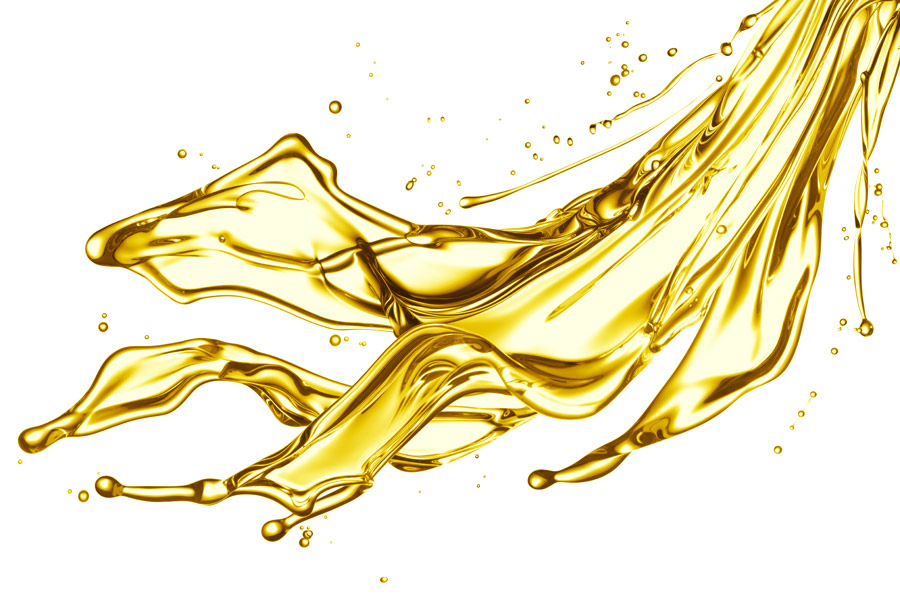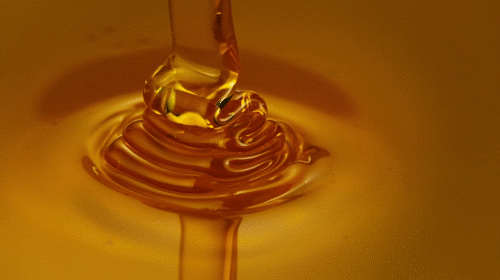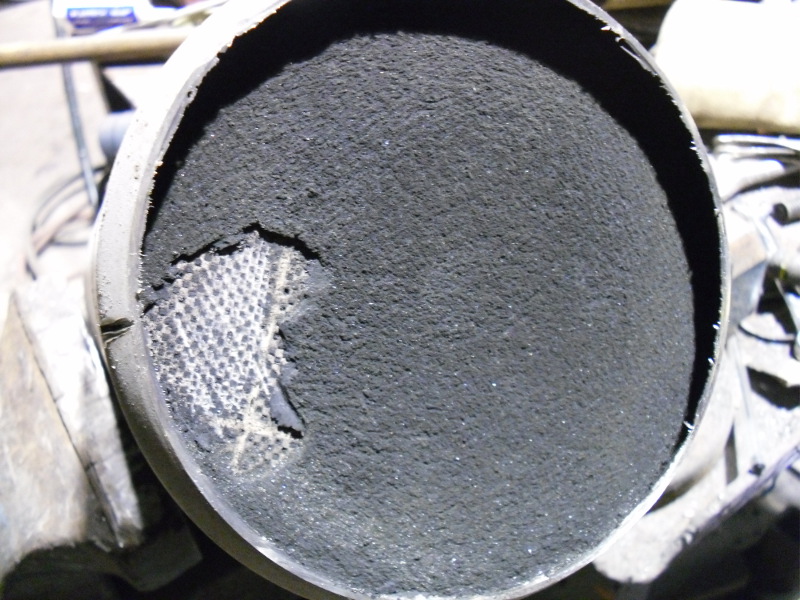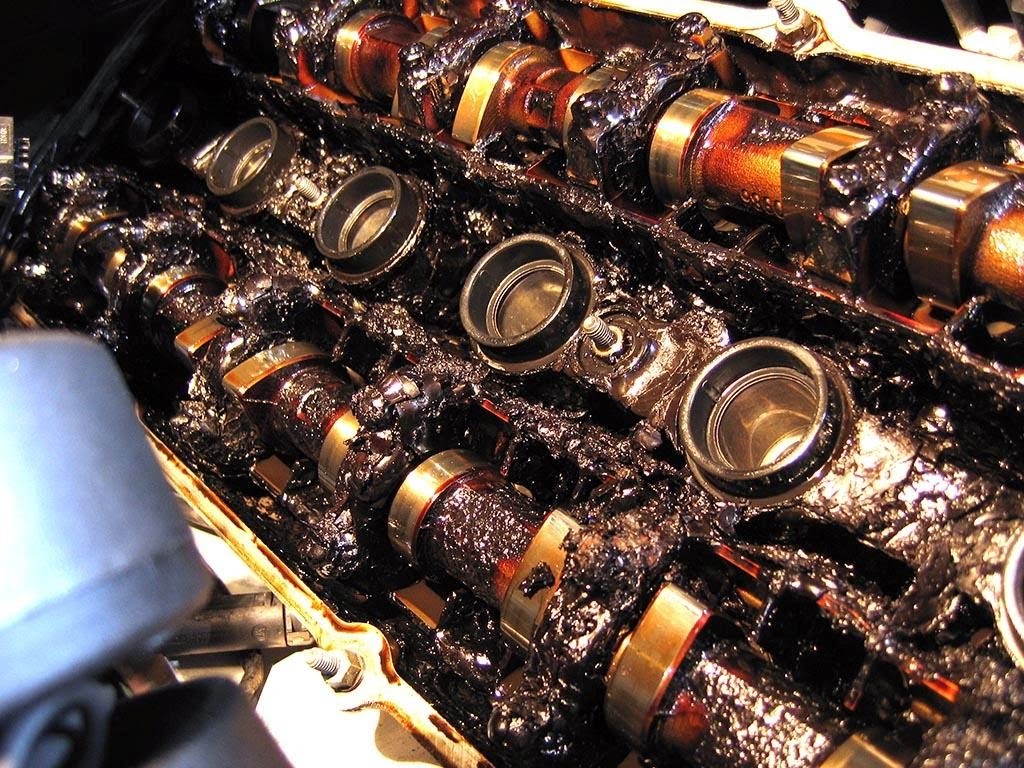- #granvilleoils #tradeshow #motortradeshow 1
- 0w/20 1
- A Bit Of Fun 3
- Abro 1
- Additive Packs 1
- Additive tanks 1
- Aftermarket 4
- Air Conditioning 4
- Animated Cars 1
- Antifreeze 9
- Article 2
- Auto Express 1
- Automatic Transmission 2
- Automechanika 7
- Automotive 35
- Autosol 3
- Autumn 2
- award 1
- Awards 2
- Baring 2
- blow moulding 1
- bottle 2
- bottles 1
- Brake Fluid 1
- Brakes 2
- Brand Focus 2
- Brands 1
- brochure 2
- business 1
- C3 2
- C4 1
- Capacity 1
- Car Wash 5
- carcare 2
- carcleaner 1
- carinterior 1
- Cars 5
- Catalogue 3
- Chemical 7
- chemical plant 1
- Cleaners 1
- Cleaning 10
- cockpit shine 1
- cockpitshine 1
- Cold Weather 4
- company 1
- company brochure 1
- Coolant 5
- Corporate 5
- cutting-edge 1
- design 4
- Dexos 1
- dubai 2
- dv5r 1
- eb2dt 1
- emergency puncture repair 1
- engine oil 3
- ep 1
- EV 1
- evolution 1
- exhibitions 2
- Facts 6
- Favourite Cars 1
- Flunkey 1
- Frankfurt 3
- FS 1
- fs pc 1
- fs rn 1
- Fuel 1
- Garden 1
- Gear Oil 3
- Germany 3
- Granville 10
- Granville bottles 1
- Granville brochure 1
- Granville catalogue 1
- Granville new tanks 1
- Granville Oil 42
- Granville Oil tanks 1
- Granville Oils 2
- Granville Oils Site 1
- Granville tank farm 1
- Granville tyre repair 1
- granvilleoil 4
- graphic 1
- Grease 2
- Gunk 1
- History 1
- homepage 1
- Hypalube 4
- identity 1
- ISO 14001 1
- James Bond 1
- James Holland 1
- logo 1
- Lubricant 18
- lubricants 2
- lubricating oils 1
- Machinery 2
- madeinuk 1
- Maintenance 20
- Manual Transmission 3
- manufacturing 1
- Mechanic 3
- mid saps 2
- motor 2
- Motor Factor 2
- Motor Oil 22
- motoring 3
- Motoring Problems 16
- mtf 1
- new engine oil 1
- new fully synthetic oil 1
- new Granville product 2
- new logo 1
- new packaging 1
- New Product 9
- new products 1
- NGLI 1
- Nova Car Care 3
- Nürburgring 1
- OEM 3
- oil 3
- packaging updates 1
- Paint 1
- Pets 1
- plastic 1
- PMF 1
- Polish 1
- Powertron Ultra 1
- premium oils 1
- product 2
- Product Feature 4
- Product Release 8
- production 1
- Products 3
- profinish 1
- puncture repair product 1
- Rain X 2
- Range 1
- rebrand 2
- rebranding 1
- recruitment 1
- refresh 1
- RN17 FE 1
- Screen Wash 1
- Screenwash 1
- September 2
- Show 1
- Sintron 1
- smartphone 1
- Spring 1
- staff 1
- stop start 1
- Summer 2
- tank farm 1
- tanks 1
- team 1
- Technical 22
- technolube 1
- Trade Show 5
- transmission 1
- Transmission Fluid 6
- Turtle Wax 4
- TV Cars 1
- tyre aid 1
- Tyre Safety 1
- Universal 1
- upgrade 1
- Valeting 9
- Veedol 10
- Veedol OEM 1
- Ventilation 1
- Wax 1
- website 2
- Windscreen 3
- Winter 3
- workmilestone 1
- 2024
- Dec 2
- Oct 2
- Sep 2
- Jun 3
- May 2
- Apr 6
- Jan 1
- 2023
- Dec 1
- Sep 1
- Jul 2
- Mar 4
- 2022
- Nov 2
- Oct 1
- Sep 1
- Aug 1
- Apr 1
- Feb 1
- Jan 1
- 2021
- Nov 1
- Aug 1
- Apr 1
- Mar 1
- Feb 1
- 2020
- Sep 2
- Jun 1
- May 1
- Mar 1
- Jan 1
- 2019
- Oct 1
- Sep 2
- Jun 1
- May 1
- Apr 1
- Mar 2
- Feb 2
- 2018
- Dec 1
- Sep 2
- Aug 1
- Jul 1
- May 1
- Apr 1
- Mar 1
- Feb 1
- Jan 1
- 2017
- Jul 2
- Jun 2
- Feb 2
- Jan 2
- 2016
- Dec 2
- Nov 2
- Jul 4
- Jun 5
- May 3
- Mar 2
- Feb 3
- Jan 2
- 2015
- Nov 1
- Oct 3
- Sep 1
- Aug 2
- Jul 4
Motor Oil 101: The Importance Of Making The Right Choice
Oil is the bread and butter of what we do at Granville. We love the stuff and we love making sure that when you pick up your oil off the shelf you know you are making the right choice for your vehicle. And you know we go on and on about why its important for you to make sure you have the right oil for the job but please, humor me once more as I take you through everything you need to know about engine oil.
And you know we go on and on about why its important for you to make sure you have the right oil for the job but please, humor me once more as I take you through everything you need to know about engine oil.
Why do you need engine oil?
Essentially, oil is in your engine to do three things:
1. It lubricates the moving parts of your engine

src: giphy.com
When you consider the speed and frequency that the metal parts of your engine move at, it's easy to see why they might need a little help to keep them going. Engine oil coats these components even at high temperatures ensuring smooth movement whilst protecting them from friction damage.
2. It keeps your engine clean and prevents corrosion
As your engine works, the by-products of the combustion cycle which are left behind such as silcates and acids will cause damage to the vehicle if left unchecked. Engine oil helps keep these by-products in check.
3. It controls heat in the engine
Your engine is essentially a chamber to contain tiny controlled explosions. These explosions cause a lot of heat which, when you consider the proximity of the fuel tank, doesn't seem like such a good thing. Engine oil directs heat away from the combustion cycle and, in conjunction with the coolant, helps to keep the temperature of the engine under control.
Why does my engine need a specific type of oil?
Engines are pretty complex things. They use different fuel types, operate at different speeds, give off different levels of heat, have different components which function in different ways and so on. If, for example, your engine gets very hot, you would require an oil which is able to hold its viscosity at high temperatures and which can handle heat transfer. Another engine may have a certain component which needs a completely different method of protection and require an additive package to suit. Think of it like putting diesel in a petrol car - the engine is only equipped to handle a certain viscosity and additive package. If anything else is used then the system won't operate as it is supposed to.
What is it that makes my engine's oil different from another?
The main areas that will differ are:
Viscosity
The viscosity is denoted by the number that you see on your oil bottle e.g. SAE 30, 5W/40. The higher the number, the more viscous the oil will be.

src: giphy.com
Advancing technology means that there is now a need for greater control over viscosity at different temperatures which is why your vehicle may need a multi-grade oil, denoted by 5W/40, 10W/30 etc. The number before the 'W' tells you how the oil behaves when cold and the number after the '/' denotes how it behaves when hot.
Base Oil
The type of base oil that your vehicle's oil is manufactured from is another key difference. You will find three main base oil types:

Mineral Oil: Refined petroleum based oil
Synthetic Oil: Manufactured oil from refined chemical compounds
Semi-Synthetic Oil: A blend of mineral and synthetic oils. Sometime referred to as 'premium' oil.
As a general rule, older engines require mineral oils and more advanced engines just can't handle the mineral.
Additive Packages
The additive package is tailored to suit the needs of your engine. A certain component may need specific protection, or an engine may be prone to more acid wear and require a greater concentration of neutralizing compounds but ultimately these additive packages will change how the oil behaves before, during and after combustion so it is important that they are tailored for your engine as they may behave erratically under the wrong conditions.
More information about this section can be found here.
What can I expect to happen if I use the wrong oil?
Here are some of the consequences of using the wrong oil in your engine:

src: adetuning.co.uk
- component wear
- clogged filters
- engine sludge
- overheating
- slow engine start-up
- voided warranty on your vehicle
- complete engine failure
- Clogged DPF Filter
When do I need to change my oil?
You owners' manual will let you know how often you should be changing your oil. Generally speaking, it is recommended every 10k-12k miles but this can depend on the driving conditions your vehicle is facing. You may need to replace it more often if you are towing heavy loads, and driving in extreme temperature.
Do I really need to change my oil?
Neglected oil simply will not do its job and will cause more harm than good to your engine in the long run. All oils degrade over time, no matter what the quality. The additives will cease to work and it will lose its lubricating properties over time meaning that friction damage and component wear is much more likely to occur.

src: diysrc @ youtube.com
Similarly, the gunk and nasty bits that your oil has been protecting your engine from during its lifetime will start to fall out of suspension and build up in the engine, particularly around the cooler parts of the engine. An oil change at the right time will be a lot cheaper than the cost of having sludge removed from your engine.
--
This article is intended for general information only. Always consult your user manual before attempting any form of maintenance on your vehicle. Consult a professional mechanic if in doubt.
Article first published Tuesday 9th Feb 2016 15:45:00